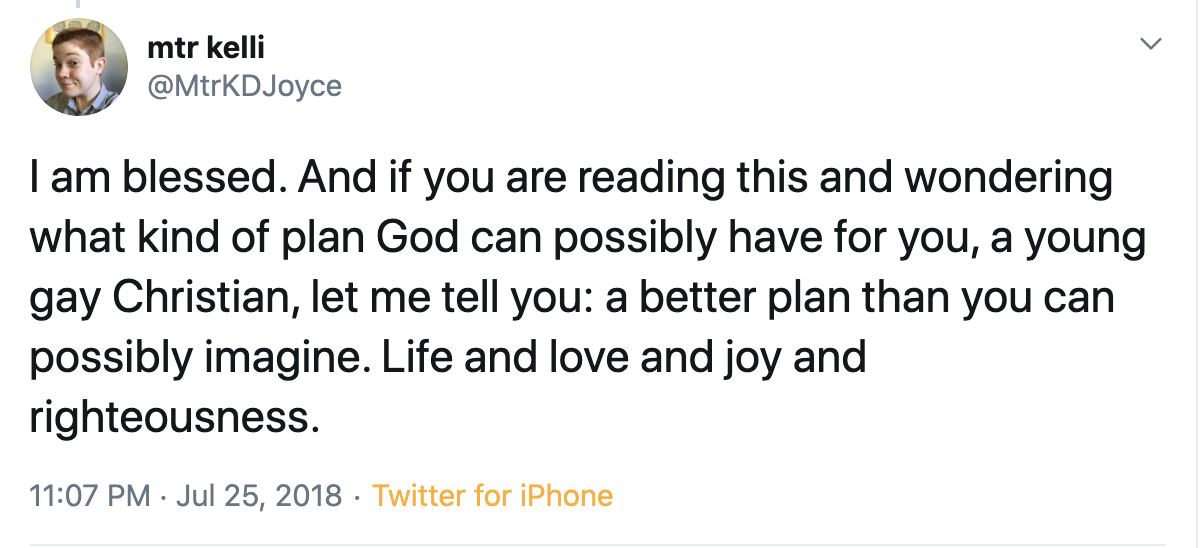Episode 108: EXTRA CURRICULAR!
Ru-ligion Ru-vealed - the T on Religion & Drag Race
Transcript for Episode 108:
This one took forever, but here you go!
Resource Threads for Episode 108:
Shownotes for Episode 108:
In our very first extra curricular episode, we’re talking Ru-vealing Ru-ligion in our collective favorite show, RuPaul’s Drag Race. Both because it’s fun, and to underline the point of Keeping it 101: knowing how to talk about religion--how to see it--enhances your ability to see the layers of what’s going on.
Our point in this episode was, of course, to be a little silly, to share the magic of drag with y’all, and to offer some extracurricular recreation after a semester of heavy theoretical lifting. But, we also wanted to make sure you know that there is a thesis to this episode: American pop culture likes to do this Queers on one side, religion on the other dichotomy that isn't representative of the history of American queers OR American religions; the show gives us that complexity, whether it means to or not.
Category IS: Podcasting is an Audio Medium
Drag is, famously, a visual medium and podcasting is, well, not. We suggested looking at these images before listening—and since you’re here, we know you’re an extra credit allstar.
Surely you’ve seen Paris is Burning. Or Pose. Surely. We, like Ru, straight reference to ball culture and structured the episode with ball categories. Scroll through to see what we were talking about.
Categories Are: On a Carousel!
OR, find all the images, queens, & visual gags
we referenced in this slideshow
Your homework for Episode 108:
Homework on drag is actually good, complicated fun, that involves make-up, padding, queer and gender theory, and thinking about religion!
Ilyse first and foremost suggested that you support your local queens!
Her BTV faves are Nikki Campagne and Emoji Nightmare, in large part because these performers routinely host local Drag Queen Story Hours—and with two kids under 7, this is most of the drag she’s able to get to these days.
She assigned Legendary Children: the First Decade of RuPaul’s Drag Race and the Last Century of Queer Life, by Fitzgerald and Marquez.
In the episode, when Megan & Ilyse talked about Jackie Cox, the self-labeled Persian princess, why Iranians are Iranian but not necessarily labeled religiously, and immediately referenced Neda Maghbouleh’s excellent book The Limits of Whiteness: Iranian Americans and the Everyday Politics of Race (2017).
She also assigned both academic pieces & drag performances by her old college bud, Prof. Kareem Khubchandani who performs in drag as LaWhore Vagistan. High recommend this video of LaWhore; strongly recommend this interview with Prof. Khubchandani about drag, identity, performance, scholarship.
Megan also has drag homework assignments, nerds!
Unlike Ilyse, Megan can—and does—stay up past 9pm, so she recommended two queer bars for folks local to her haunts: Blackstones in Portland, ME and Allston, MA’s Great Scott—specifically the Don’t Ask Don’t Tell night.
She assigned Drew Konow’s piece in Slate on religion in RuPaul’s Drag Race, “Contouring for Christ.”
She also assigned a bunch of pieces that help us think about queerness and religion:
Melissa M. Wilcox, Queer Nuns: Religion, Activism, and Serious Parody (2018)
Michael Warner, “Tongues Untied: Memoirs of a Pentecostal Boyhood,” (2004)
Anthony M. Petro, After the Wrath of God: AIDS, Sexuality, and American Religion (2015)
Blair Imani’s many public speeches—maybe start here!
Lynne Gerber, Seeking the Straight and Narrow: Weight Loss and Sexual Reorientation in Evangelical America (2011)
Y’all know Megan teaches a number of courses on religion, gender, sexuality. Here’s a whole dang syllabus.
Megan also referenced the thread of a former student / now priest Kelli Joyce as a poetic, touching way to think about sexuality & religion:
If You Don’t Love Yourself, How in the Hell You Gonna Love Somebody Else:
We talked a lot in this episode about queerness, drag culture, TV, and how some queer folks find themselves at odds with their home communities; we talked about the violence of conversion therapy, for example. Here are but a few national resources for managing unhealthy, discriminatory, or unsafe spaces:
Religion on Drag Race?
LaGanja Estranga (S6), doing her catch phrase











































